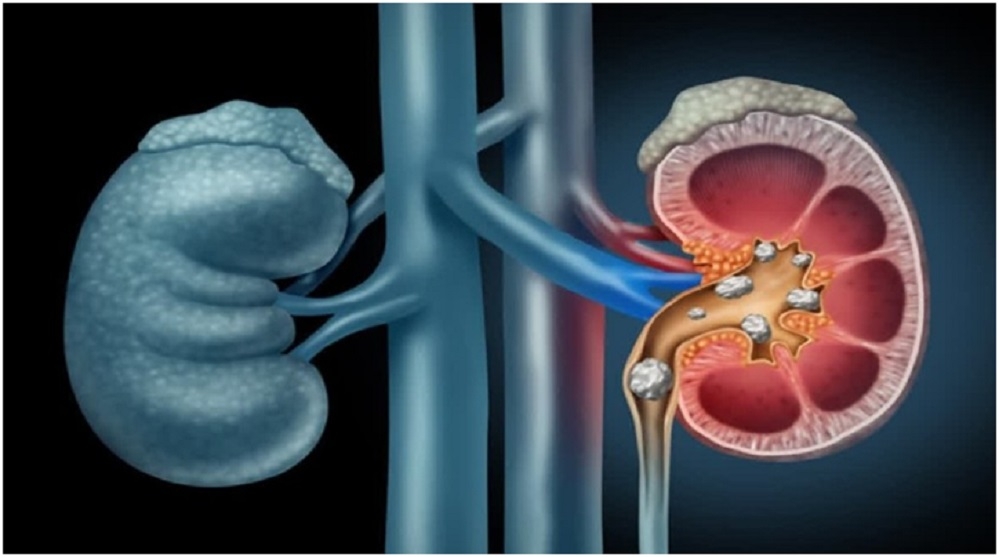Kidney Stone Cases Rising This Winter In Young Adults, Tips To Protect Your Kidney Health According To A Urologist
Total Views |

Every winter, as the air turns crisp and our instinct is to drink more chai than water, hospitals brace for a peculiar seasonal phenomenon: a surge in kidney stones. It sounds absurd at first: how could something that feels so summery and desert-like, all about dehydration and heat, have a heyday in the cold months? But the human body is an inconsistent contraption.
“As the temperatures drops, there can be a spike in kidney stone cases in younger adults aged 20-40. Once considered an old person’s disease, kidney stones are now becoming common in the younger population because of changing lifestyles and dietary habits,” says Dr Pawan Rahangdale, Consultant Urologist, Apollo Spectra Hospital, Pune.
Why Does This Happen?
When the temperature drops, we sweat less and sip less, forgetting that our kidneys are still dutifully filtering minerals that need a constant flush of fluid to stay soluble. Without enough water, calcium and uric acid begin to crystallize, forming the tiny, medieval torture devices we call kidney stones.
“Many youngsters tend to skip meals, rely on processed foods, and consume high-protein diets without balancing hydration. Long sitting hours and inadequate physical activity also contribute to poor kidney function,” says Dr Rahangdale. Add to this the winter diet (red meats, endless cups of tea, and saltier comfort foods), and you have the perfect geological conditions for mineral deposits to form somewhere between your ribs and your regret.
What Are The Symptoms Of Kidney Stones?
Sharp pain in the back or lower abdomen, burning while urinating, blood in urine, nausea, or frequent urge to urinate are the key symptoms. If kidney stones are not treated at the right time then they can grow in size and cause urinary infections and kidney damage.
Treatment is based on their size and location of the stones. Says Dr Rahangdale, “Small stones often pass naturally with increased fluid intake and pain relief. Larger stones may need medical procedures like lithotripsy (shock wave therapy) or endoscopic removal. In severe cases, minimally invasive surgery may be required to restore kidney function.”
Tips To Prevent Kidney Stones
It is necessary for young adults to take charge of their kidney health and improve the well-being. Urologist Dr Pawan Rahangdale gives tips to protect your kidneys.
Youngsters should stay hydrated by drinking at least 3 litres of water, limit salt intake, processed foods, eat fresh fruits vegetables, include citrus fruits and fiber help reduce stone formation.
Make sure to avoid sugary and carbonated drinks which increase the chances of kidney stones.
Exercise daily to improve the metabolism and even the kidney health.

